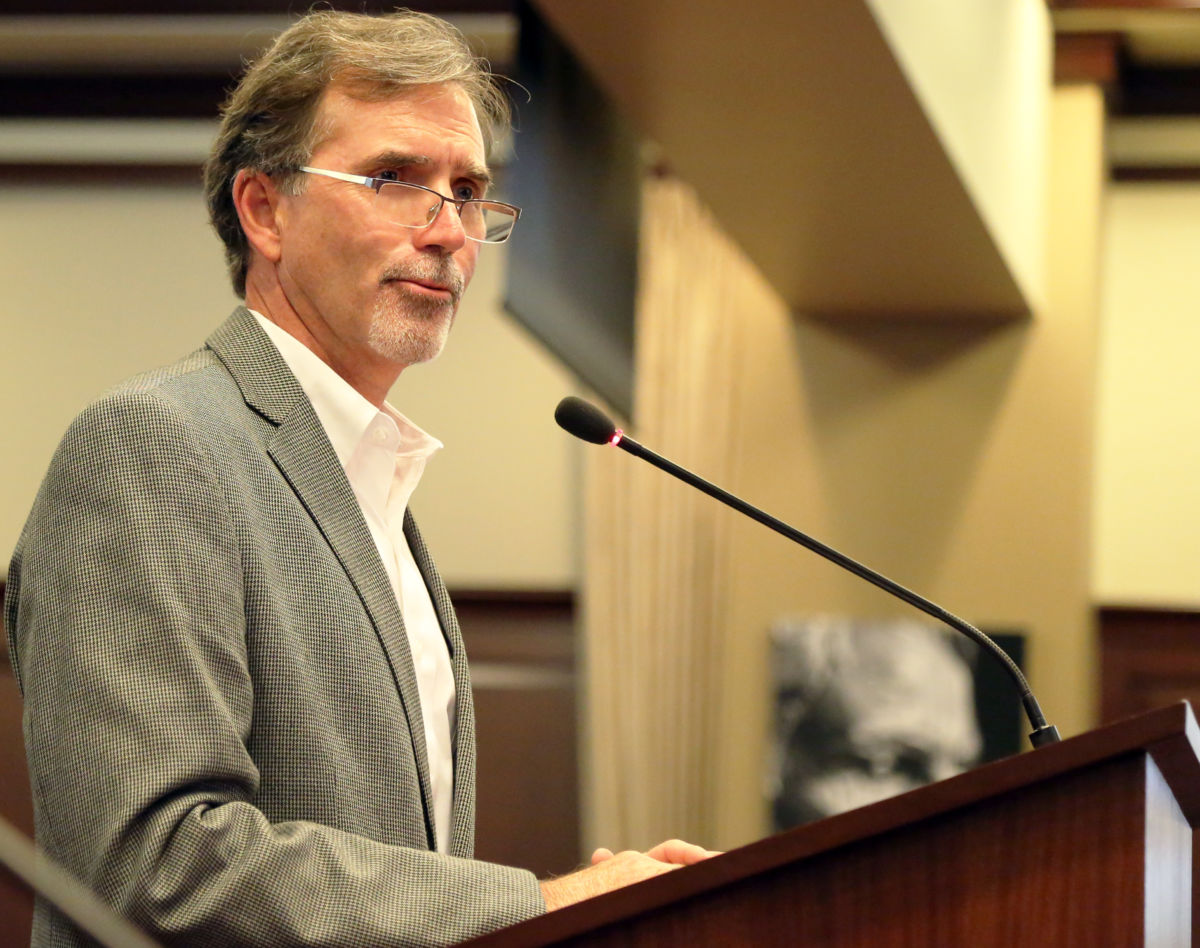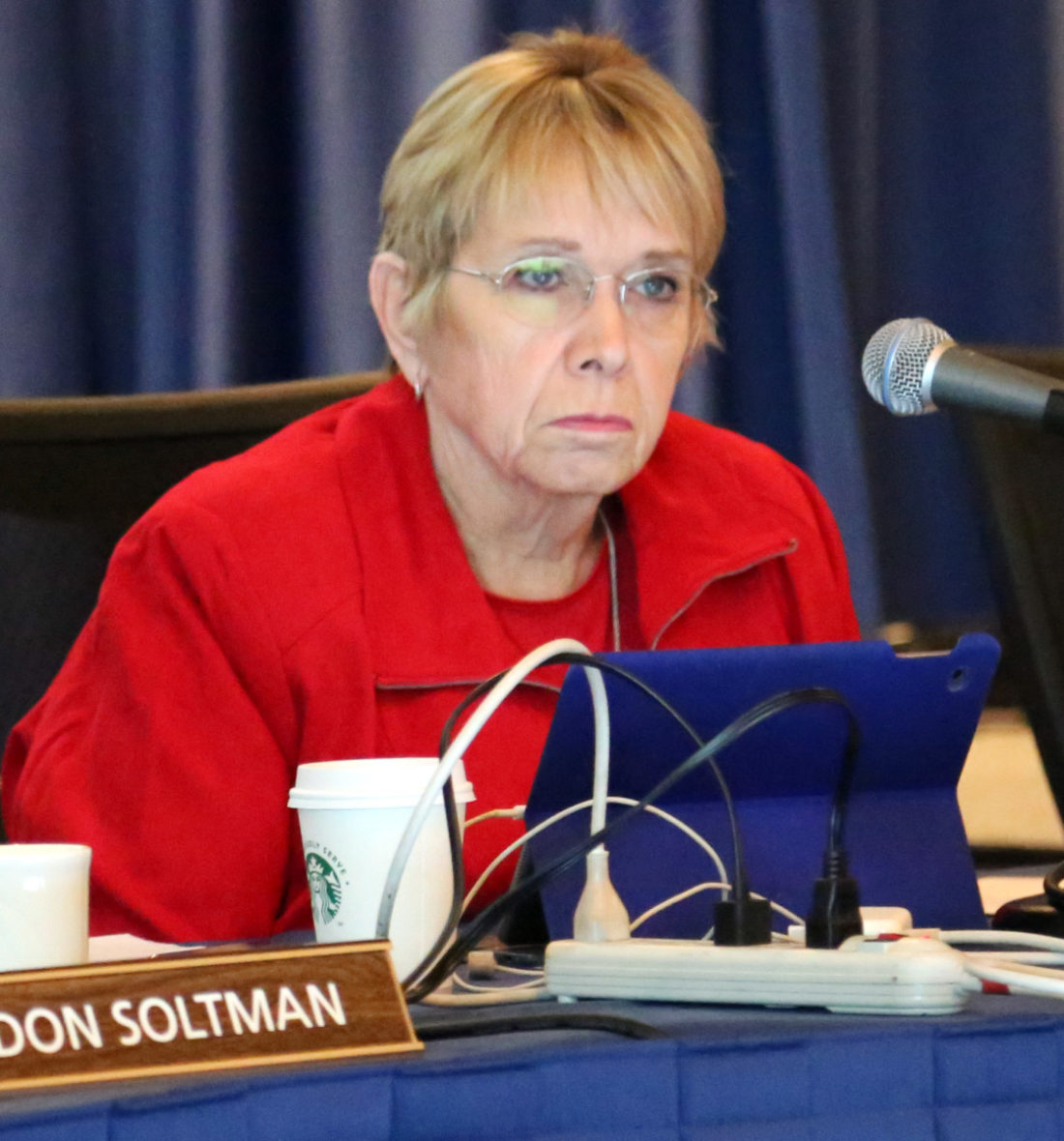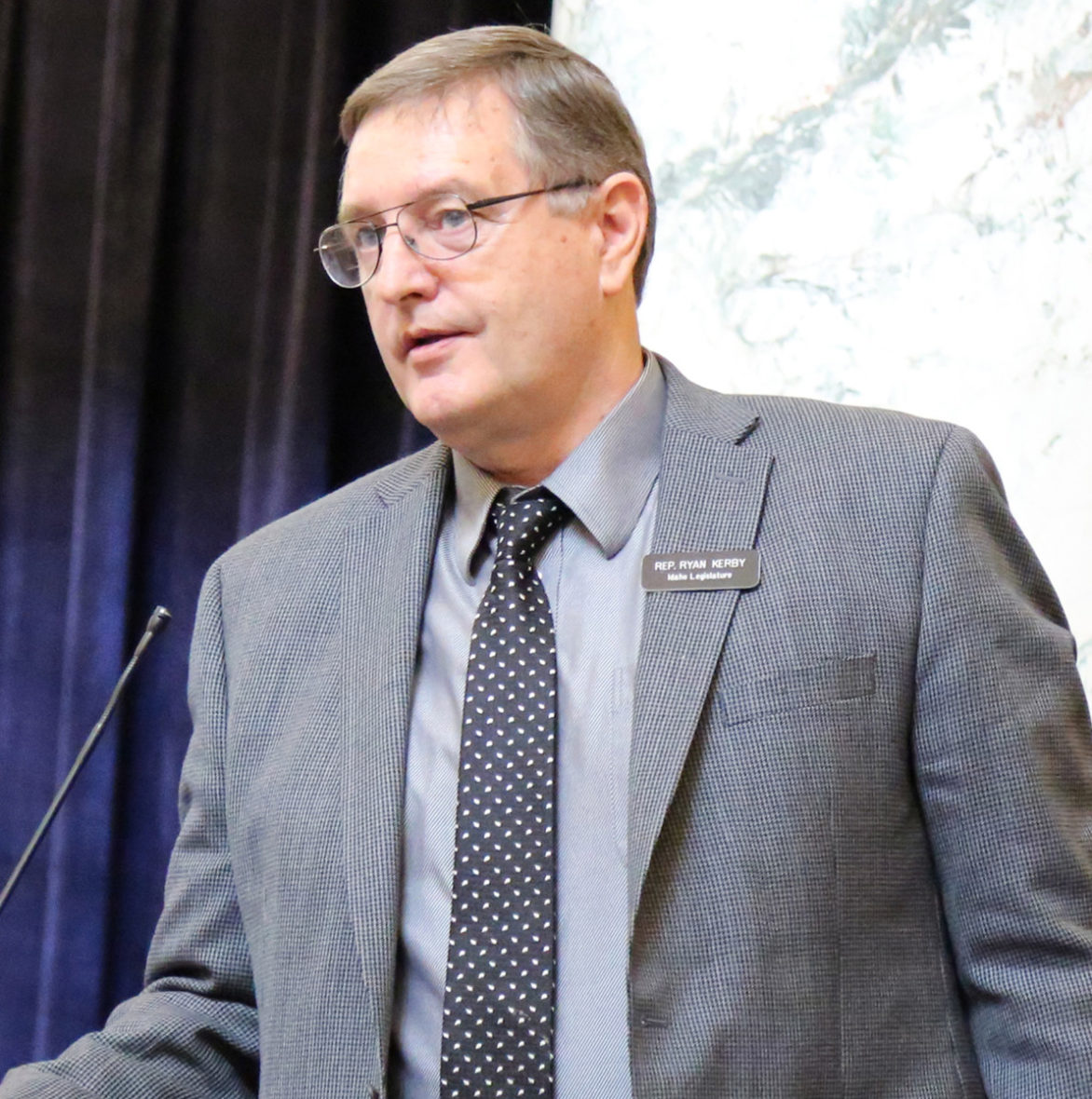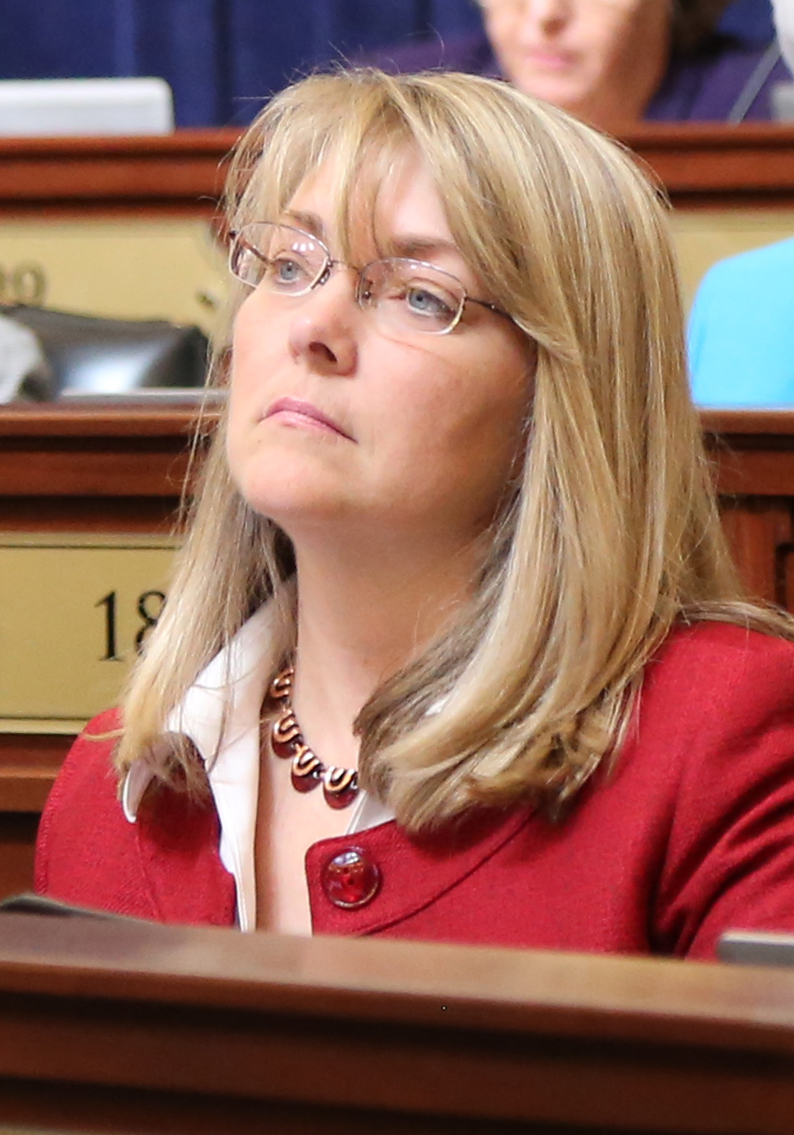Monday’s State Board of Education meeting was steeped in mystery.
A terse agenda said only that the board would discuss 2017 legislation. Reporters got word of the meeting shortly after 5 a.m. Monday — less than five hours before the start of the conference call.
But that wasn’t Monday’s only surprise. When board members floated the idea of cracking down on bad teacher evaluation data, they caught Idaho’s education leaders off guard.

None had seen the language that received preliminary approval Monday. Even Rob Winslow, the executive director of the Idaho Association of School Administrators, was in the dark. And the State Board proposal could levy $10,000 to $50,000 fines against school administrators — members of Winslow’s organization.
The State Board wants to insert this tough language into the career ladder law, Idaho’s five-year plan to boost teacher salaries. The two issues are intertwined; teachers move up the career ladder, and receive a pay raise, based on their annual evaluations. But the State Board is taking up the evaluations fight, just as lawmakers will be asked to make a bigger investment in teacher pay raises.
The State Board’s pointed response
The State Board proposal is in procedural limbo, for now.

As Idaho Education News first reported Tuesday, the board decided to rescind the actions taken Monday. Acknowledging concerns over public notice and the meeting agenda, the board declared a do-over. The board will meet again at 8:30 a.m. Friday.
The evaluations data language may be on hold, but there is no mistaking the intent. It’s a pointed response to school administrators who have publicly admitted to sending false evaluations data to the state.
The language calls for the state’s Professional Standards Commission to investigate the “intentional misreporting” of data. Administrators who intentionally report bad data could face a $10,000 fine for the first offense, and a $50,000 fine for every subsequent offense.
Bad data is a recurring problem — and some of the errors are deliberate.
In June 2015, Idaho Education News first reported on errors and inconsistencies in the evaluation data districts and charter schools submit to the state. At the time, two district superintendents said they intentionally sent in identical, and false, evaluation scores. Both told Idaho Education News that the local scores were none of the state’s business.

One of these superintendents, Alan Dunn of the Sugar-Salem School District, declined comment on the State Board’s plan.
The second, Ryan Kerby, has since retired from his post in the New Plymouth School District. Kerby, a Republican, is seeking a second term in the Idaho House of Representatives, and sits on the House Education Committee.
If Kerby were still a superintendent, he said he would comply with the law and turn in accurate data. But he still doesn’t believe the state needs detailed evaluation scores for individual teachers.
He thinks districts could simply turn in aggregate data — reporting a districtwide breakdown on the four-point evaluation score. As far as individual teacher scores are concerned, Kerby believes the state only needs to know whether a teacher received a grade of “proficient” or “distinguished,” the two scores that allow a teacher to move up the career ladder.
“I think they need to make a better case for why they need this precise information,” Kerby said Thursday. “They should make the case rather than trying to hammer people.”
Surprised stakeholders
The lobbyists for the state’s three prominent education groups knew nothing about the State Board’s proposal until Monday.
Karen Echeverria of the Idaho School Boards Association had heard general discussion about the evaluations data issue — but hadn’t seen any details. She said she is comfortable with addressing the data issue within the career ladder law.
“I do think it’s important that the districts report accurate data to the state,” Echeverria said.
Still, Echeverria and other education leaders hope they will have a chance to talk over the specifics.

Robin Nettinga of the Idaho Education Association learned of the proposal by listening in to Monday’s teleconference. The teachers’ union is worried that its members could get caught in the middle of a fight over data accuracy.
“It is important to note that teachers have no control over how the information regarding their performance evaluations is submitted to the state,” Nettinga said this week. “Consequently, penalizing a teacher or group of teachers by withholding career ladder funding is counterproductive.”
Winslow’s membership also has a direct financial stake — since district administrators would be subject to the State Board’s proposed fines. Winslow isn’t convinced a crackdown is necessary. But he stopped short of calling the language a career ladder dealbreaker.
“I hope we address this before it gets to be a big deal.”
A critical year for the career ladder
The 2015 career ladder law has plenty of political backing. Education groups are united behind it. Gov. Butch Otter proudly points to the career ladder as a piece of Idaho’s 20-point plan to overhaul education. For two years, the Legislature has funded teacher pay raises with overwhelming bipartisan support.
But year three could be a pivotal year for the five-year plan.
The price tag is going up. State superintendent Sherri Ybarra’s 2017-18 budget proposal pegs the third-year cost at $57.8 million, up from $41.5 million this year. Some Statehouse regulars — including Winslow and Otter education adviser Marilyn Whitney — are predicting that the third installment could be a big ask.
Which may explain why the State Board has some high-powered support as it looks to crack down on data errors.
While education groups were blindsided by Monday’s State Board vote, Otter was quick to voice his support. The governor — who appoints members to the State Board — said the fate of the career ladder could hinge on data quality.
“If I were in the Legislature and I wasn’t getting accurate information and I wasn’t getting the accountability and the success that I thought I was getting, I would start reserving my vote,” Otter told Idaho Education News Monday.
Ybarra has a vote on the State Board by virtue of her statewide office. She did not attend Monday’s meeting, but in a prepared statement this week, she aligned with Otter.
“The Professional Standards Commission is charged with investigating problematic school behaviors, regardless of rank, and it’s ultimately what’s necessary to support students and their well-being,” she said.
At least one key legislator was surprised by the State Board’s move.

Rep. Wendy Horman, R-Idaho Falls, plays a key role in writing K-12 budgets as a member of the Joint Finance-Appropriations Committee. She is likely to help write the 2017-18 budgets — and earmark money for the next installment of the career ladder.
She thinks her colleagues are committed to funding the career ladder, as long as they are confident in the evaluation data. But without accurate data, pay raises are a tougher sell.
“It appears that some districts need encouragement to report accurately,” she said.
